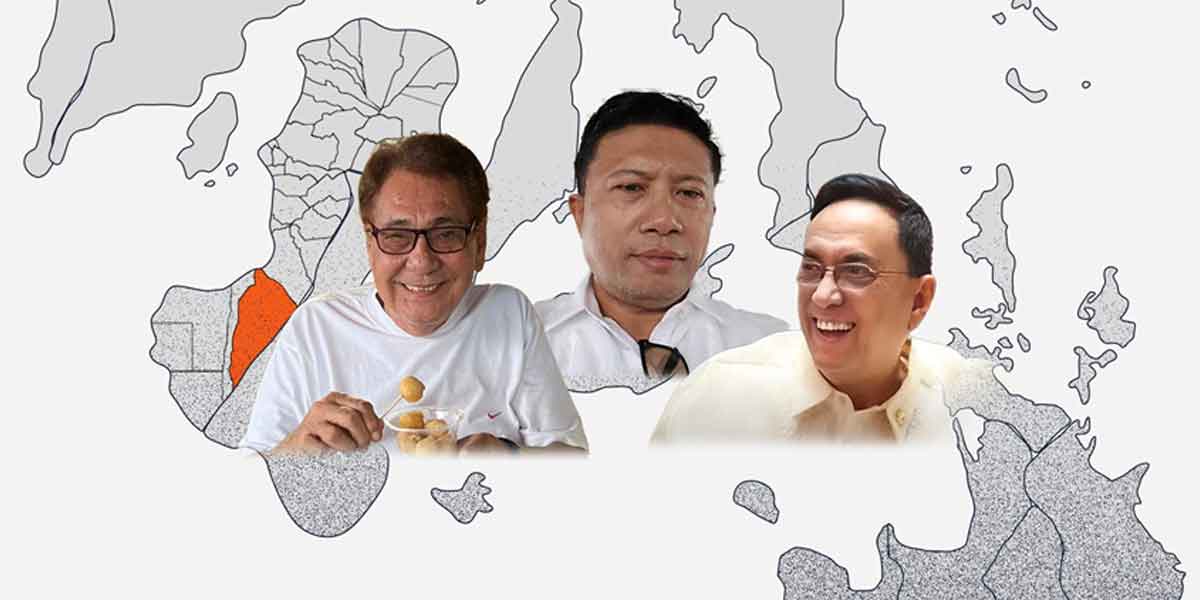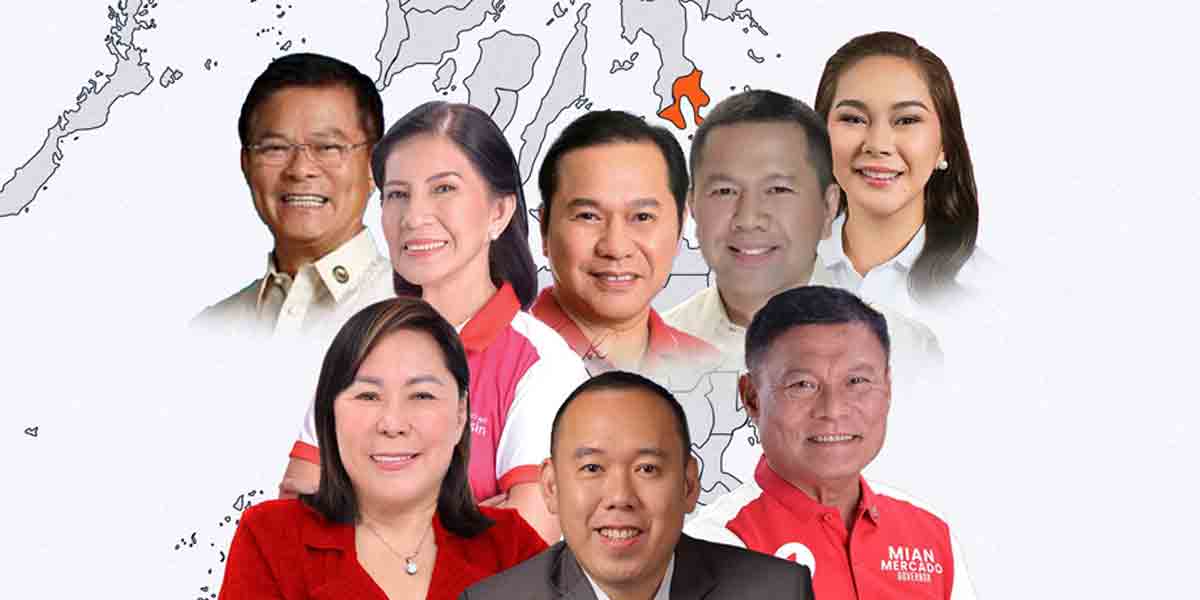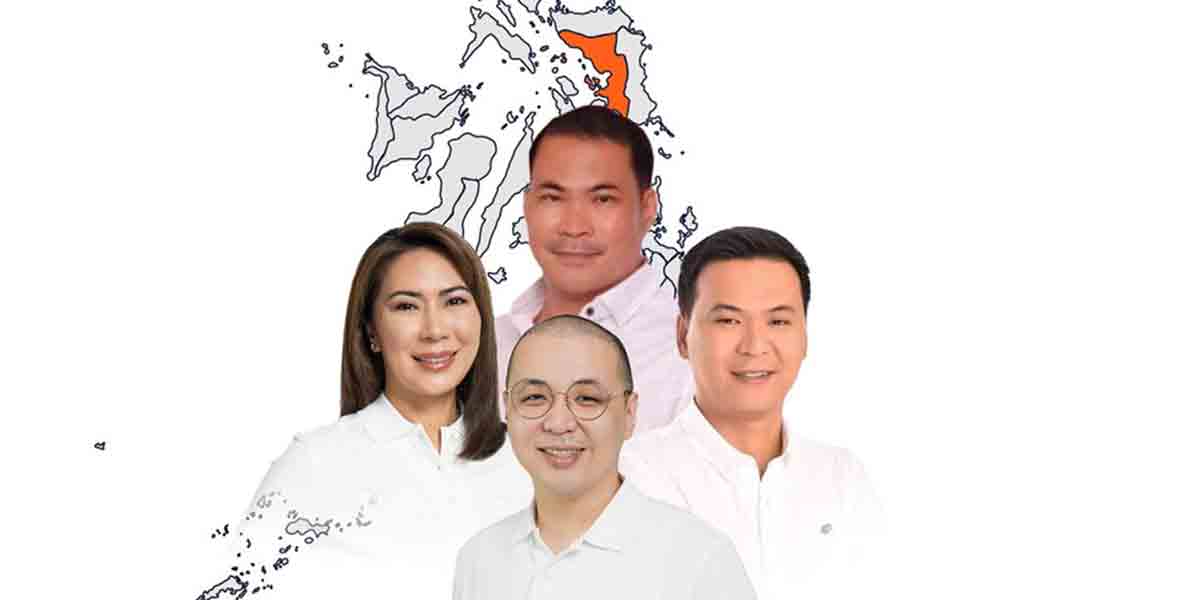Southeast Asia’s social security leaders are advocating for a regional framework to enable the portability of social security benefits, allowing workers to retain their entitlements when moving across borders.
The call was made during the 41st ASEAN Social Security Association (ASSA) Conference held in Parañaque City, hosted by the Philippines. Edmund Cheong Peck Huang, deputy CEO of Malaysia’s PERKESO, emphasized the urgency of integrating systems to meet the needs of an increasingly mobile workforce.
“As they move, they deserve to know that their social security benefits move with them,” Cheong said. “It’s time we seriously consider in ASSA the portability of social security benefits.”
Cheong also highlighted the importance of resilient systems to future-proof social security networks against challenges like economic disruptions, health crises, and climate change.
“Our social security systems must be resilient and adaptable, capable of absorbing shocks and empowering recovery,” he added.
Portability of social security benefits was underscored as a pivotal issue, following its inclusion in the ASEAN Declaration adopted at the 40th and 41st ASEAN Summits in 2022. This policy ensures migrant workers can transfer and access their contributions upon returning to their home countries.
Digital innovations in social security were also showcased during the summit. These include the Philippines’ AlkanSSSya program for self-employed individuals, Malaysia’s mobile applications for on-demand benefits, Indonesia’s digital payment solutions, and Singapore’s digital ID system.
Meanwhile, the conference tackled regional challenges like climate change, aging populations, and the high prevalence of informal employment. A proposed “sustainability pledge” aims to reflect ASSA’s collective resolve to address these evolving issues.
Former ASSA Chairperson Ahmad Zulqarnain Onn commended the leadership of the Philippine Government Service Insurance System (GSIS) and expressed optimism about ASSA’s transformative efforts.
“I’m optimistic that ASSA will continue to drive transformative change benefiting both current and future generations,” he said.
Thailand’s National Health Security Office data engineer, Paweena Sremuang, presented challenges in managing big data for universal healthcare, including cybersecurity threats and the underutilization of integrated systems.
“But we also have the team to deal with the hacking 24 hours a day, seven days a week, whole year round,” she assured, noting their use of encrypted platforms.
In areas lacking internet connectivity, local governments in Thailand collect data manually to ensure that every citizen is registered for healthcare services.
“They collect data from birth to death by using a national ID card,” Sremuang explained. “If it is too remote, they register by hand, but everything is eventually integrated into the system.”
The three-day summit at Seda Manila Bay Hotel featured panel discussions and interactive sessions led by ASEAN leaders and experts. Recommendations from the event are expected to strengthen regional cooperation and enhance social protection networks.
The conference was attended by Philippine social security institutions, including GSIS, Social Security System, and Philippine Health Insurance Corporation, among others. ASSA comprises social security agencies from ASEAN member states.






















